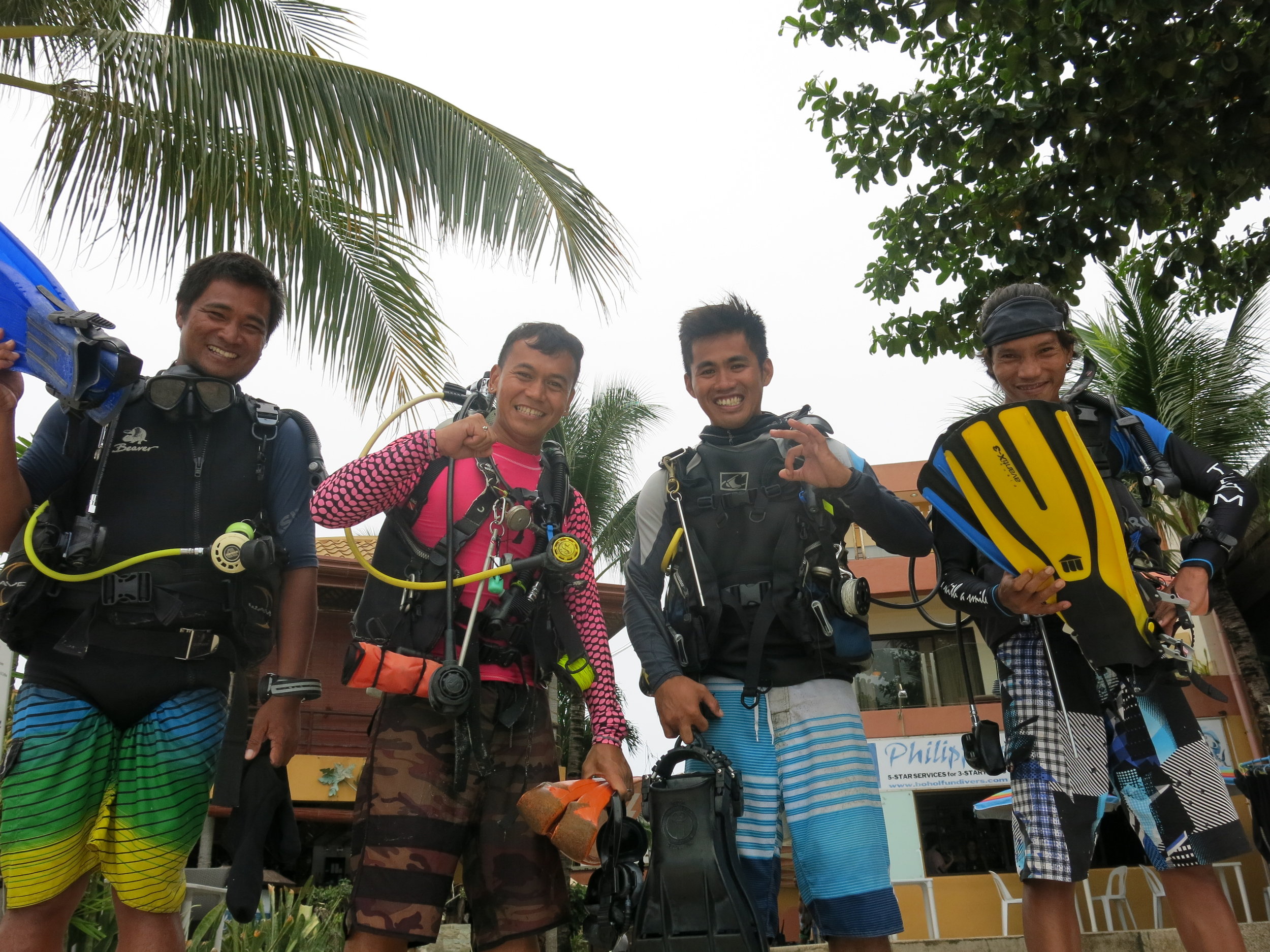If you were to ask me who my hero’s in life were, I would have a tough time answering. I have different people that I respect for their contributions to the world of conservation and the obvious always spring to mind; David Attenburgh, Sylvia Earle, the entire Cousteau family, Ove Hoegh-Guldburgh, Callum Roberts, Charlie Veron. They are all people that would not have made me the conservationist I am today. Their teachings and works are truly inspirational. And although these people, among others have had a huge impact on my career direction, it is often in other places that I find motivation on a day to day basis. In this way, I suppose a few of my biggest inspirations are NFL Coach Marty Schottenheimer, Ernest Hemingway, Stephen King, and Winnie the Pooh. Now that sounds odd, even to me, but let me explain.
I have always been a sucker for a good motivational speaker. During my university rowing days, I would always listen to the Al Pacino ‘Inches’ speech from Any Given Sunday to get me into that fighting mode on race day, activating the Adrenalin. Even after having watched it many times, it can still make my neck hairs stand on end. “We can stay here and get the sh!t kicked out of us, or we can fight our way back into the light, we can climb outta hell, one inch at a time.” “Life is a game of inches” he says. Recently I was rereading the Tao of Pooh. It’s a funny little book that tries (very successfully) to explain Taoist teachings through Winnie the Pooh. The author, Benjamin Hoff, explains that when he first started to write the book, many people exclaimed that it was “preposterous” and “where would you even begin?” To which he replied, “A thousand-mile journey starts with one step.”
Now individually, one would never really think to pair a film about American Football with Winnie the Pooh and Taoism and yet those two quotes go so well together. Basically, “start at the very beginning, and take it one inch at a time.”































